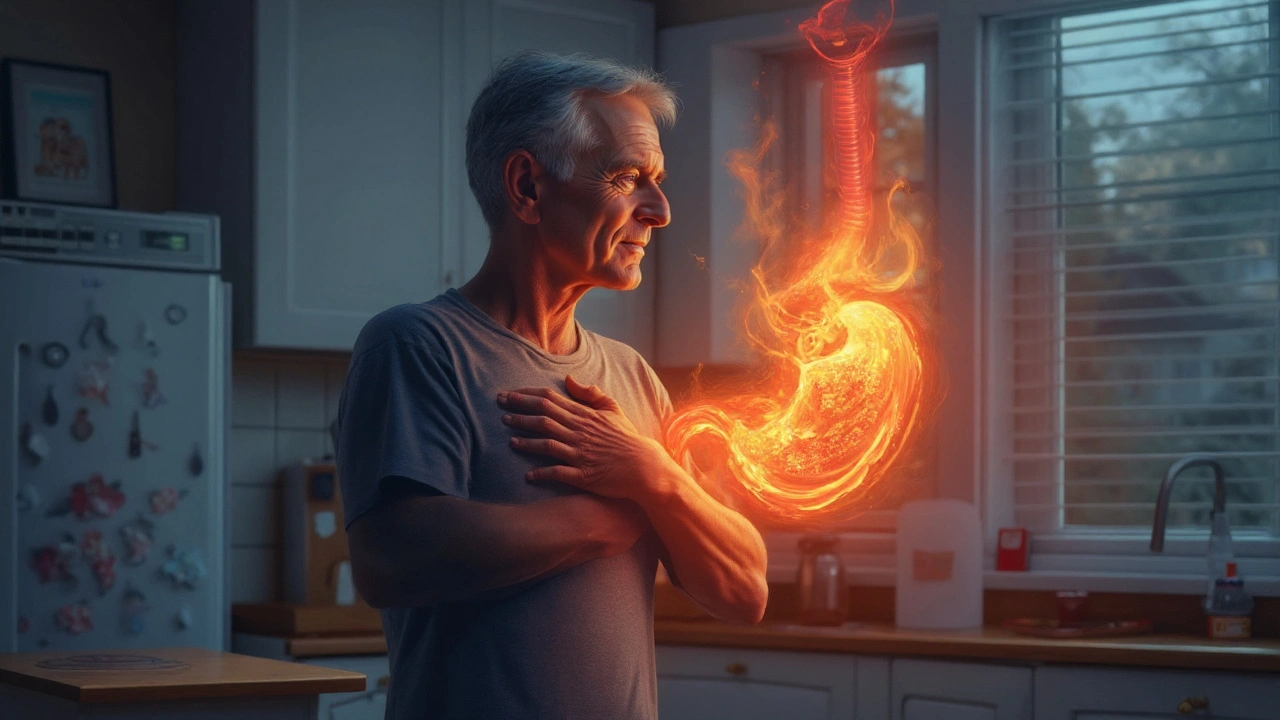Zollinger‑Ellison Syndrome (ZES) is a rare condition where a small tumor in the pancreas or duodenum makes way too much gastrin. Too much gastrin means your stomach pumps out excess acid, which can cause painful ulcers and digestive trouble.
Most people notice a burning stomach pain that doesn’t get better with regular antacids. The pain often shows up after meals, may wake you up at night, and can be accompanied by diarrhea or weight loss. If you have a family history of endocrine tumors, you’re at higher risk.
Diagnosis starts with a blood test that checks gastrin levels. High numbers, especially when the stomach is empty, point toward ZES. Doctors will also do an upper endoscopy to look for ulcers and may take a biopsy to rule out cancer.
Imaging tests like CT scans, MRI, or a somatostatin receptor scan help locate the tumor, called a gastrinoma. Finding the exact spot matters because treatment can differ for a tumor in the pancreas versus the duodenum.
First‑line treatment usually involves powerful acid‑blocking drugs. Proton‑pump inhibitors (PPIs) such as omeprazole or esomeprazole can tame the acid surge and let ulcers heal. In many cases, a high dose is needed, and doctors may adjust it based on symptoms.
If the tumor is small and hasn’t spread, surgery to remove it can be curative. For larger or metastatic tumors, doctors may add chemotherapy, targeted therapy, or peptide‑receptor radionuclide therapy (PRRT). Regular follow‑up scans are crucial to catch any recurrence early.Living with ZES also means watching your diet. Avoiding very spicy or acidic foods can reduce discomfort, and eating smaller, more frequent meals helps keep acid levels steady.
Bottom line: Zollinger‑Ellison Syndrome is manageable with the right mix of medication, possible surgery, and lifestyle tweaks. If you suspect you have persistent ulcer pain or unexplained digestive issues, talk to a gastroenterologist and ask about gastrin testing. Early detection makes a big difference in outcomes.

Explore how Zollinger-Ellison Syndrome drives extreme acid production and why it often mimics or worsens GERD. Learn symptoms, diagnosis, treatment options, and practical tips for managing both conditions effectively.
View more